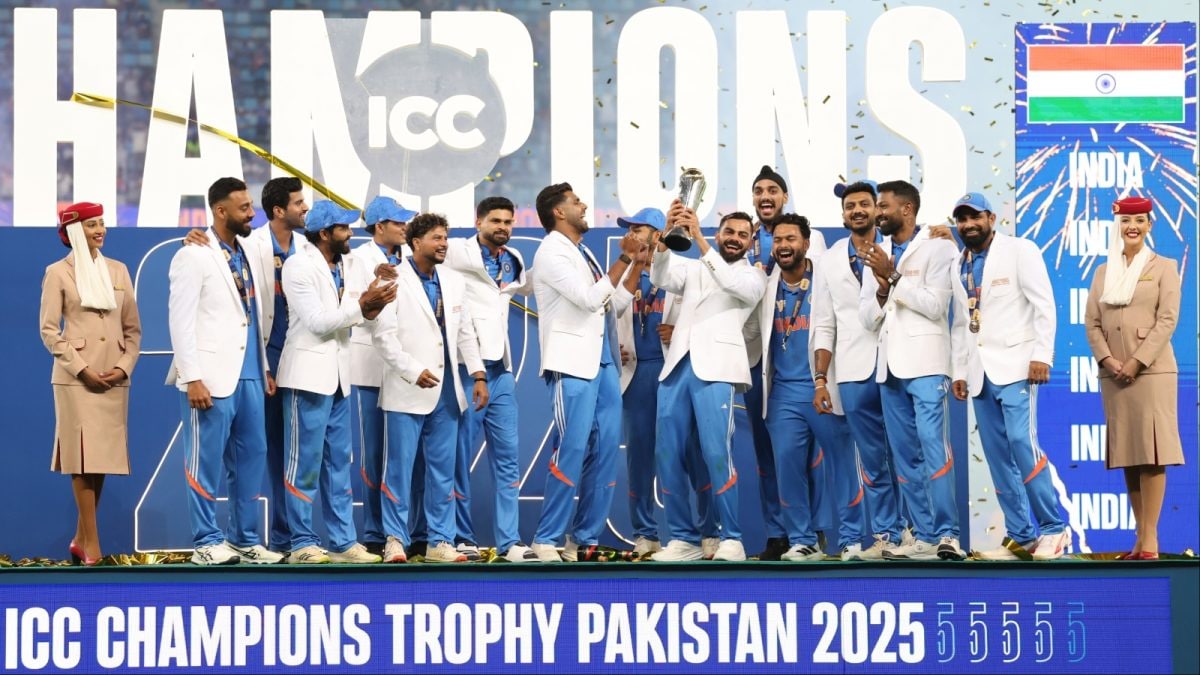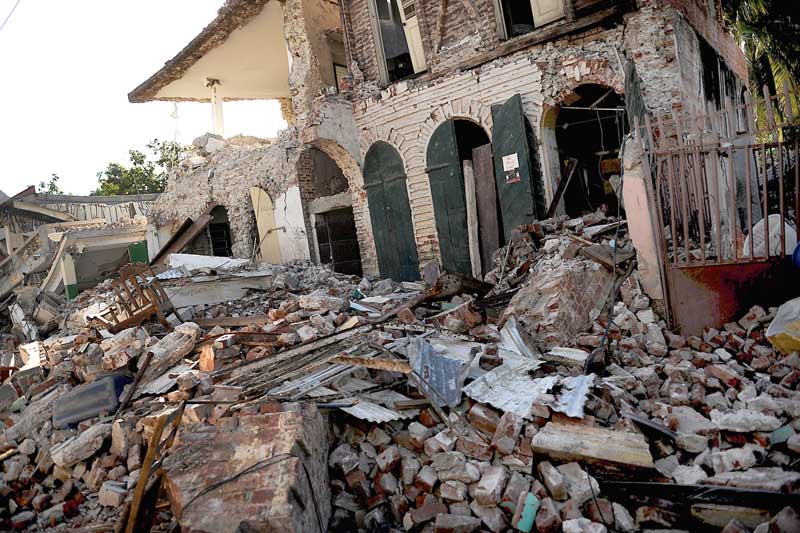On this day, 18th September: Uri Attack - 2016

The Uri Attack occurred on September 18, 2016, and is considered one of the deadliest terrorist attacks on Indian security forces in recent years.
Key Details:
- Location: The attack took place near the town of Uri, close to the Line of Control (LoC) in the Baramulla district of Jammu and Kashmir, India.
- Target: An Indian Army brigade headquarters was targeted, housing soldiers from the 10th Dogra and 6th Bihar regiments who were stationed there.
The Attack:
- Early in the morning, around 5:30 AM, four heavily armed militants infiltrated the army camp. They were carrying assault rifles, grenade launchers, and incendiary explosives.
- The attackers launched grenades near the tents and temporary shelters where soldiers were sleeping, leading to a fire that caused most of the casualties.
- 19 Indian soldiers were killed in the attack, and about 30 others were injured. The attackers were well-prepared and carried large quantities of ammunition and explosives, indicating premeditation.
- The four militants were eventually killed in a gunfight with Indian security forces.
Aftermath:
- Immediate Response: The Indian government strongly condemned the attack, accusing Pakistan of supporting and sheltering the terrorist group responsible for the assault. It was widely believed that the attackers belonged to the Pakistan-based militant group Jaish-e-Mohammed (JeM), although Pakistan denied any involvement.
- Surgical Strikes: In retaliation, India launched surgical strikes on September 28-29, 2016, across the Line of Control (LoC). Indian Special Forces conducted targeted operations to destroy multiple terrorist launch pads inside Pakistan-administered territory, claiming to have inflicted heavy damage. This marked a significant shift in India's military strategy, as it was the first time India publicly acknowledged conducting such operations across the LoC.
Political and Strategic Impact:
- The Uri attack led to a significant escalation in tensions between India and Pakistan. It also resulted in diplomatic pressure on Pakistan, with India seeking to isolate Pakistan internationally by highlighting its alleged support for terrorism.
- Domestically, the attack and the subsequent surgical strikes were met with widespread national support in India. The Indian government, led by Prime Minister Narendra Modi, was praised for taking decisive military action.
International Reactions:
- Many countries condemned the attack and expressed solidarity with India. The United States, Russia, and the European Union, among others, offered condolences and condemned terrorism in all its forms.
Legacy:
- The Uri attack remains a poignant reminder of the ongoing conflict in Kashmir and the persistent threat posed by cross-border terrorism. It also marked a critical moment in India’s military policy, showing a shift toward more assertive, proactive responses to terror attacks.
- A Bollywood movie titled "Uri: The Surgical Strike" was released in 2019, depicting the events of the attack and the subsequent surgical strikes, which resonated strongly with Indian audiences.
The Uri attack stands as a pivotal moment in modern Indian security and defense policy, influencing how the country deals with terrorism and cross-border threats.





